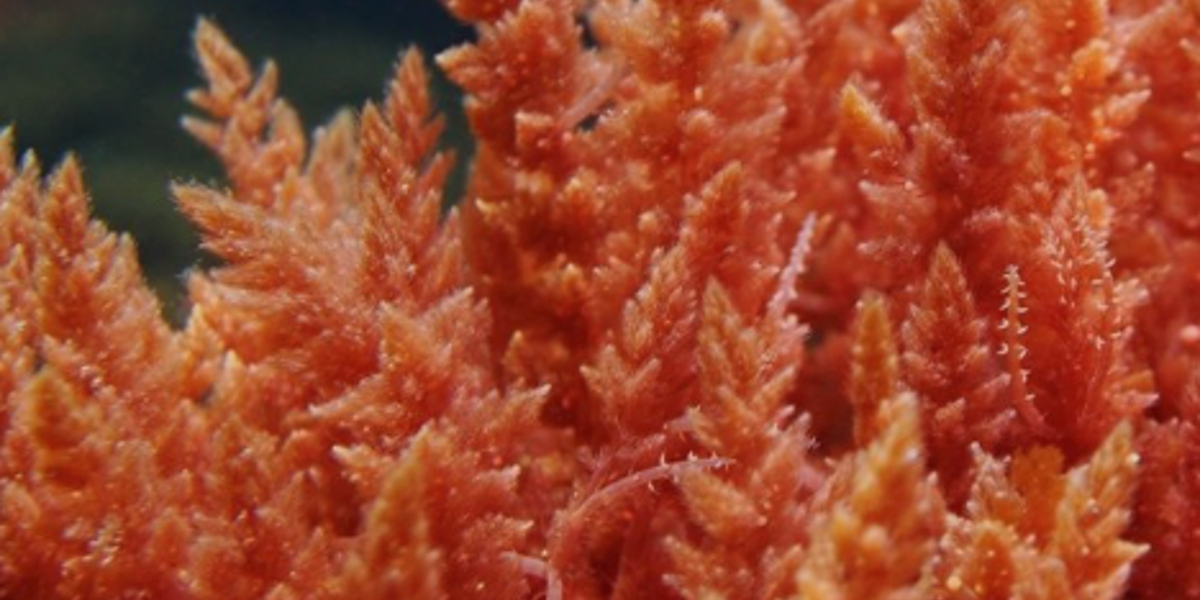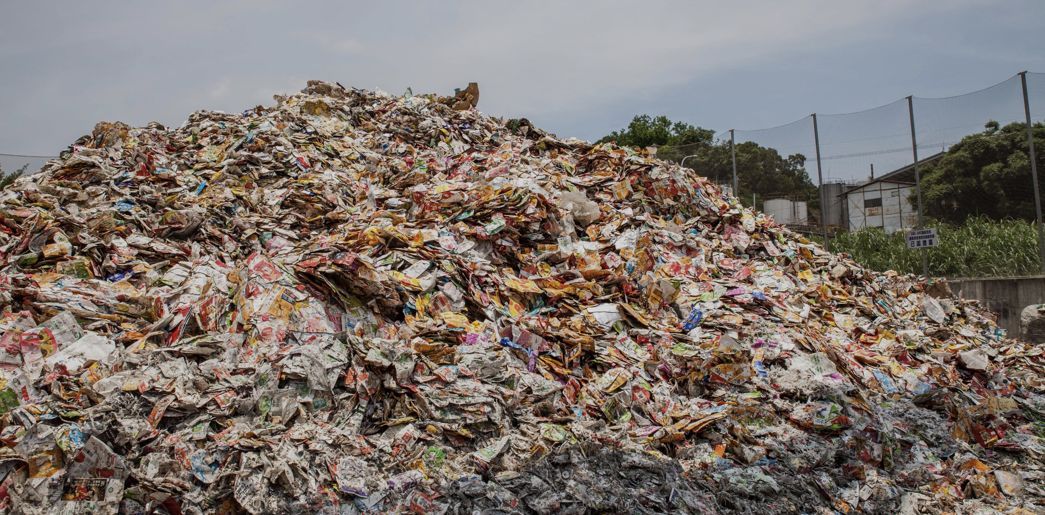AWARD YEAR
2023
CATEGORY
Community
GOALS
Zero Hunger, Responsible Consumption & Production, Climate Action
KEYWORDS
feed ingredient, seaweed, climate change, food systems, methane
COUNTRY
Australia
DESIGNED BY
FutureFeed
WEBSITE
https://www.future-feed.com/research-and-development-1
Asparagopsis
Asparagopsis is a natural ingredient for livestock to significantly reduce carbon emissions.
How does it work?
Asparagopsis is the star performer with unprecedented mitigation induced by a natural ingredient. There has been considerable research completed on the use of Asparagopsis for sheep, beef and dairy cattle producers to reduce methane. Results to date have generally exceeded expectations. The team at FutureFeed are investing in further research and development which will optimise the production and delivery of the product to the industry and updates will be added to the website as new information becomes available.
FutureFeed exists to support the use of Asparagopsis as a natural ingredient for livestock to significantly reduce carbon emissions.
FutureFeed build the animal science, certification and marketing to support the growth of the entire value chain and deliver supply chain access to seaweed producers through their license agreements.
Why is it needed?
FutureFeed is needed to help solve the global climate crisis. Globally, over a billion people depend, partially or entirely, on livestock for their livelihoods. Livestock provides protein and micronutrients to many of the world’s 830 million people experiencing food insecurity.
How does it improve life?
Approximately 12% of feed is lost as methane emissions and with feed being the primary expense for producers, maximising feed utilisation efficiency is a prime focus.
Studies have demonstrated that average daily weight gain (ADWG) performance and feed conversion efficiency can be significantly improved using low levels of Asparagopsis. Feed energy otherwise lost as methane emissions can be redirected into microbial metabolism beneficial to the animal. Larger studies are required and are planned for 2022.
If farmers could add Asparagopsis to their feed, this might just help with two of the biggest challenges of our time: fighting climate change and growing more food with fewer resources.



